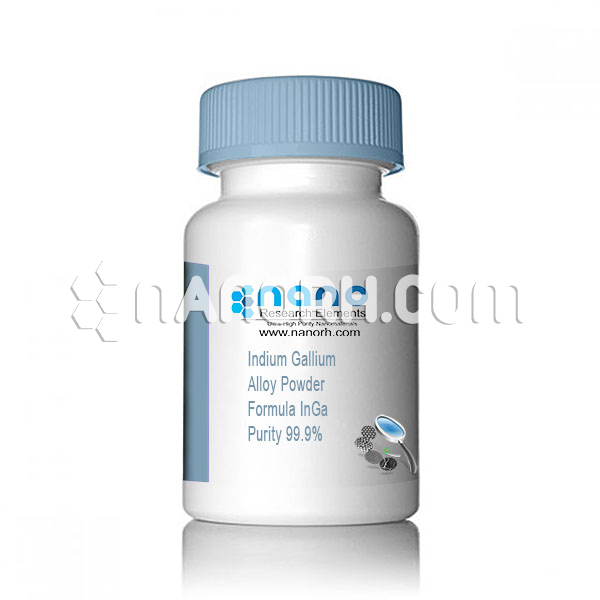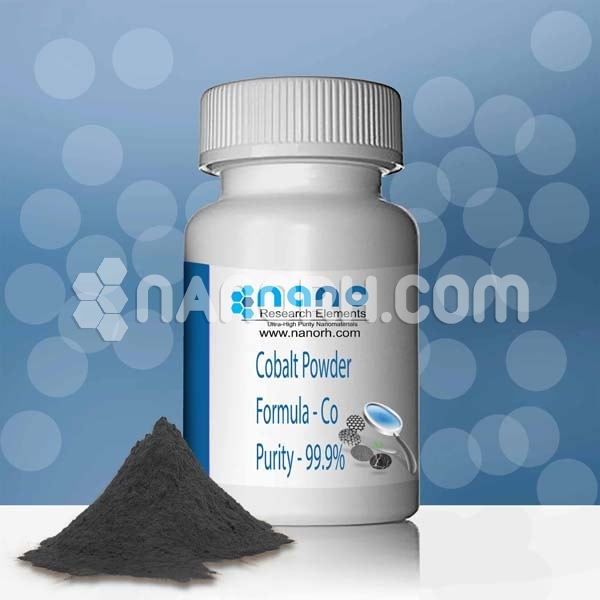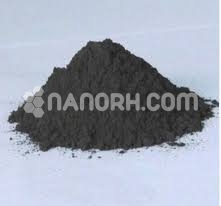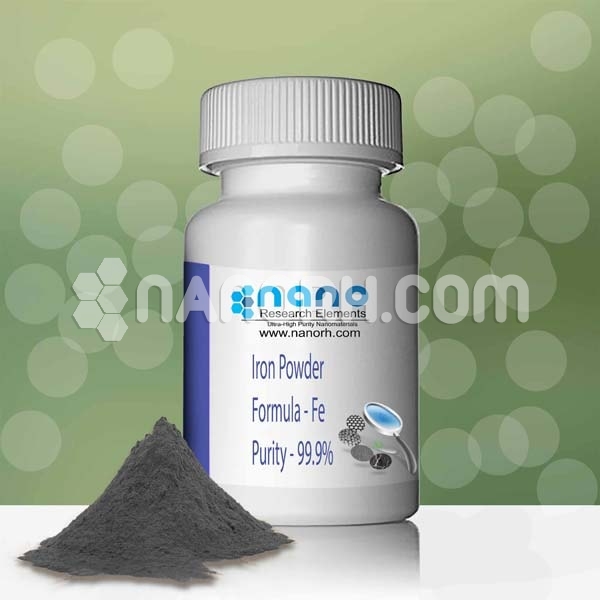| Indium Gallium Alloy Powder | |
| Product No | NRE-9078 |
| CAS No. | 7440-74-6/ 7440-55-3 |
| Formula | InGa |
| Molecular Weight | 184.541 g/mol |
| APS | <40 um (Can be Customized) |
| Purity | 99.9% |
| Density | 6.25 g/cm3 |
| Color | Silver Gray |
| Melting Point | NA |
| Boiling Point | NA |
Indium Gallium Alloy Powder
Indium Gallium Alloy Powder is an alloy composed primarily of indium (In) and gallium (Ga), typically used in various industrial applications where the unique properties of this alloy are required. The specific ratio of indium to gallium can vary depending on the intended use, but generally, indium provides low melting points, while gallium contributes to enhanced electrical properties and thermal conductivity.
Applications
Semiconductor and Electronics Industry:
Photovoltaic Cells (Solar Cells): Indium gallium alloys, particularly indium gallium arsenide (InGaAs), are commonly used in the production of high-efficiency solar cells. These alloys are used for multi-junction solar cells, where their ability to absorb a wide range of wavelengths from the sun contributes to improved energy conversion efficiency.
Semiconductor Devices: Indium gallium alloy powder is used to produce semiconductor components such as light-emitting diodes (LEDs), laser diodes, and photodetectors. The combination of indium and gallium allows for the tuning of electrical and optical properties, making it essential for optoelectronic devices.
High-Speed Electronics: Indium gallium alloys, especially InGaAs, are used in high-speed transistors, high-frequency devices, and optical communication systems. The alloys’ ability to operate at higher frequencies and temperatures is key for these applications.
Thermal Interface Materials (TIMs):
Indium gallium alloys are often used as thermal interface materials in electronics, particularly for heat management in high-performance devices. Due to their excellent thermal conductivity and low viscosity, these alloys are applied between components such as processors and heat sinks to improve the heat dissipation process.
Soldering and Bonding:
Soldering Applications: Indium gallium alloys are used in soldering applications due to their low melting points and ability to create reliable and strong bonds. They are especially used in electronics manufacturing where traditional lead-based solders are being phased out due to environmental concerns.




